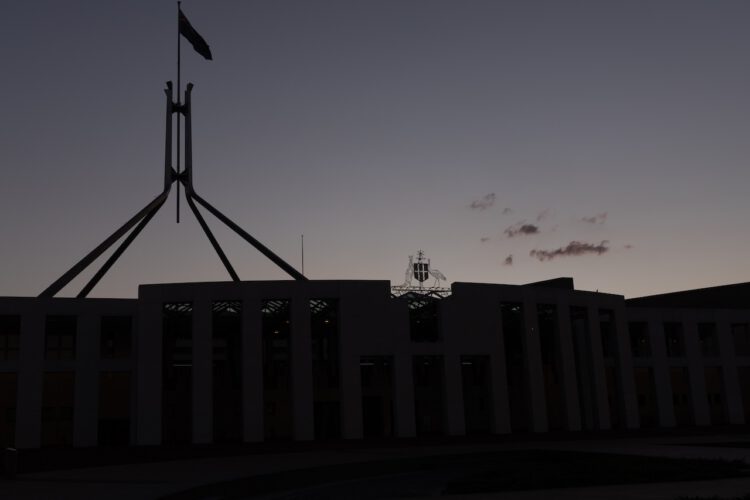Polly Hemming, Director of the Australia Institute’s Climate & Energy program wants to remind you about next week’s Climate Integrity Summit:
With Australia’s future increasingly vulnerable to political uncertainty in the United States, the Australia Institute’s Climate Integrity Summit could not be more timely. As the world’s 13th largest economy and third largest fossil fuel exporter, Australia sits at a crucial crossroads. The summit brings together prominent international and local experts to examine how Australia can insulate itself from geopolitical uncertainty and contribute to stability and decarbonisation in the Asia Pacific region.
With sessions exploring Australia’s outsized influence in our region and our unique position to support trading partners, regional neighbours, and those most vulnerable to the climate crisis, the summit will map out the international implications of the 2025 federal election. Far from being merely a policy-taker, Australia has both the capability and responsibility to demonstrate leadership and forge genuine international collaboration at this pivotal moment.
Speakers include:
- Antonia Burke, Community Leader
- Craig Foster AM, Human rights activist & Australian retired soccer player
- Senator David Pocock, Independent Senator for the Australian Capital Territory
- The Hon Doug Cameron, Former Senator for New South Wales
- Dr Emma Shortis, International & Security Affairs Director, The Australia Institute
- Dr Helder da Costa, General Secretary, The g7+ Secretariat
- Her Excellency Ilana Seid, Ambassador and Permanent Representative for the Republic of Palau to the United Nations
- Jennifer Robinson, Australian human rights lawyer, Doughty Street Chambers in London (Jennifer Robinson appears by arrangement with Claxton Speakers International.)
- Jonathan Birchall, Lecturer, International and Public Affairs Department, Columbia University & Lead Communications Officer, Open Society Foundations
- Dr Mila Rosenthal, Executive Director, International Science Reserve & Co-founder, Planet Reimagined
- Polly Hemming, Climate & Energy Director, The Australia Institute
- Dr Richard Denniss, Executive Director, The Australia Institute
- Savenaca Narube, Unity Fiji Party Leader & Former Governor of the Reserve Bank of Fiji
- Dr Shanta Barley, Chief Climate Scientist, Fortescue
- Dr Yuki Tanabe, Sustainable Development and Aid Program Coordinator, Japan Center for a Sustainable Environment and Society
The Climate Integrity Summit is a non-partisan event that convenes leading experts in economics, ecology, policy and governance to discuss a credible and achievable climate policy that serves the Australian people and broader global community.


Loading form…